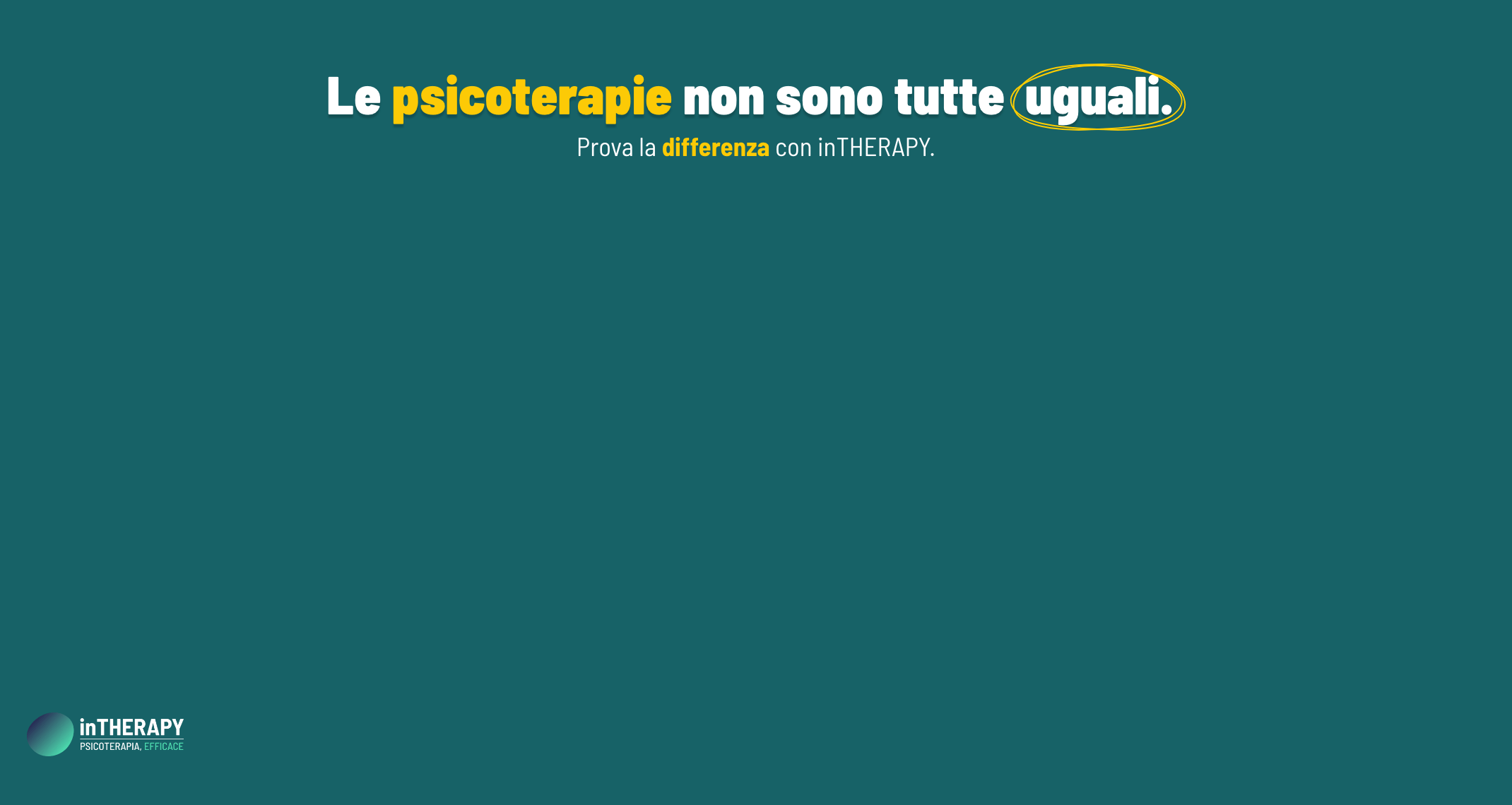Parents’ words and anxiety disorders – Part 6

Suveg, Sodd, Barmish, Tiwari, Hudson and Kendall (2008) examined emotional socialization in anxious (n = 28) and control (n = 28) children and their families, including fathers. Diagnoses were assessed using a popular structured clinical interview. Like the previous study, parents were asked to have five minute emotion discussions with their children concerning times when children felt anxious, angry and happy.
- Parental speech was examined for total number of words, discouragement of emotion, explanation of emotion, tone, and emotion regulation in each discussion.
- Child speech was examined for attempts at problem solving and maladaptive, avoidant behavior.
The results were discussed examining maternal, paternal and child discourse style. Compared to fathers of control children, fathers of children with an anxiety disorder displayed less positive affect, more negative affect, less explanatory discussions of emotion, and more overall emotion when interacting with their sons. Similar results appeared when examining maternal discourse. With their sons, mothers of control children discussed more emotion during anxious situations than mothers of anxious children. Mothers of control children also showed more positive affect than mothers with anxious children. Finally, mothers of anxious children showed more negative affect than mothers of control children across all three discussions. Across all emotion discussions, control children showed more positive affect than children with anxiety disorders. Finally, compared to control children, children with anxiety disorders were 5.25 and 15.23 times more likely to express maladaptive versus adaptive responses during anxious and angry scenarios, respectively.
Therefore, like previous studies, those reviewed in part 4 of this series and the current one display that both parental and child psychopathology affect seemingly all aspects of these individual lives. This includes everything from their quality of life through simple and complex conversations these groups share. In the next installment of this series I will summarize the findings discussed up to this point and begin to discuss possible interventions.
BIBLIOGRAPHY:
- Suveg, C., Sood, E., Barmish, A., Tiwari, S., Hudson, J., & Kendall, P, C. (2008). “I’d rather not talk about it:” Emotion parenting in families of children with and anxiety disorder. Journal of Family Psychology, 22, 6, 875 – 884.







